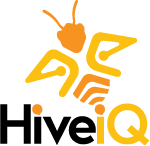Integrated pollen collector
Coming soon
The HiveIQ pollen collection system is fully integrated and is located inside the hive directly behind the entrance.
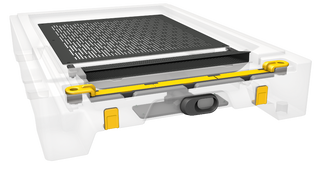

The pollen collector is activated easily and quickly from a latch outside the hive in seconds.
The latch mounting is recessed to ensure it does not get caught or knocked and designed to rotate 180 degrees to ensure latch does not interfere with Varroa board operation.
Pollen collection for our hives
The pollen collector tray fits in the hive base for easy access.
Integrated pollen collection in our hive stands
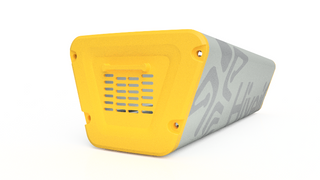
Pollen Drawer
The pollen collection drawer fits neatly into the HiveIQ pallet base which is easily accessible without disturbing the hive. It is larger than the tray, out of the weather but still breathable and suitable for commercial beekeeping operations
Easy Access pull tag
Simple removal and replacement of the pollen drawers from the pallets for transportation or collection
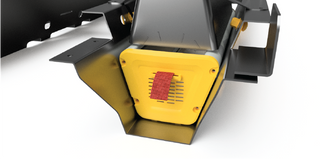
HiveIQ Pallet 2up with pollen chutes
Designed for palletised beekeeping or the hobbyist with 2, 4 or more hives arranged in doubles.
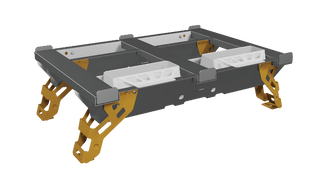
HiveIQ Pallet 4up with pollen chutes
Designed for palletised beekeeping or the hobbyist with 4 or more hives.
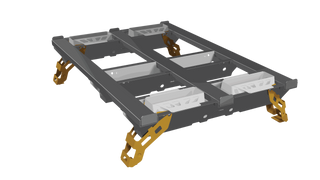
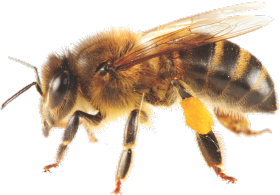
Why we built an integrated pollen collection system
Pollen forms a critical part of the honeybee diet While nectar is a major part of the honeybee’s diet providing necessary carbohydrates (sugars), bees also need protein, amino acids, minerals, and vitamins which they source from plant pollens.
Pollen is collected by foraging bees and returned to the colony to be converted into bee bread. The climatic and seasonal conditions determine the types, quantity, and quality of pollens available in the environment which in turn, dictates the overall health, strength and survival rates of the colony.
Why harvest pollen?
In many parts of Australia, the foraging environment for honeybees oscillates between feast and famine. During periods of abundance, when the colony collects significantly more pollen than is required, the HiveIQ pollen collection system offers the means to harvest surplus pollen. This pollen can be stored and fed back to the colonies during periods of scarcity to maintain healthy colonies throughout the year.
Pollen is good for humans too...
Bee pollen contains many minerals, antioxidants and vitamins and its high protein levels with up to 22 essential amino acids make it a good source of energy. Numerous studies have linked bee pollen to various health benefits including decreased inflammation, improved immunity and many more. A small amount on your breakfast cereal could be a great start to your day.
